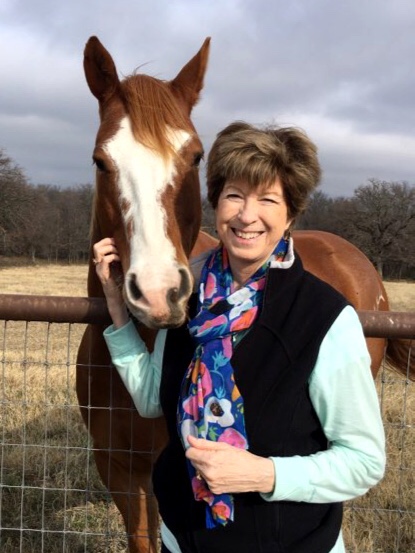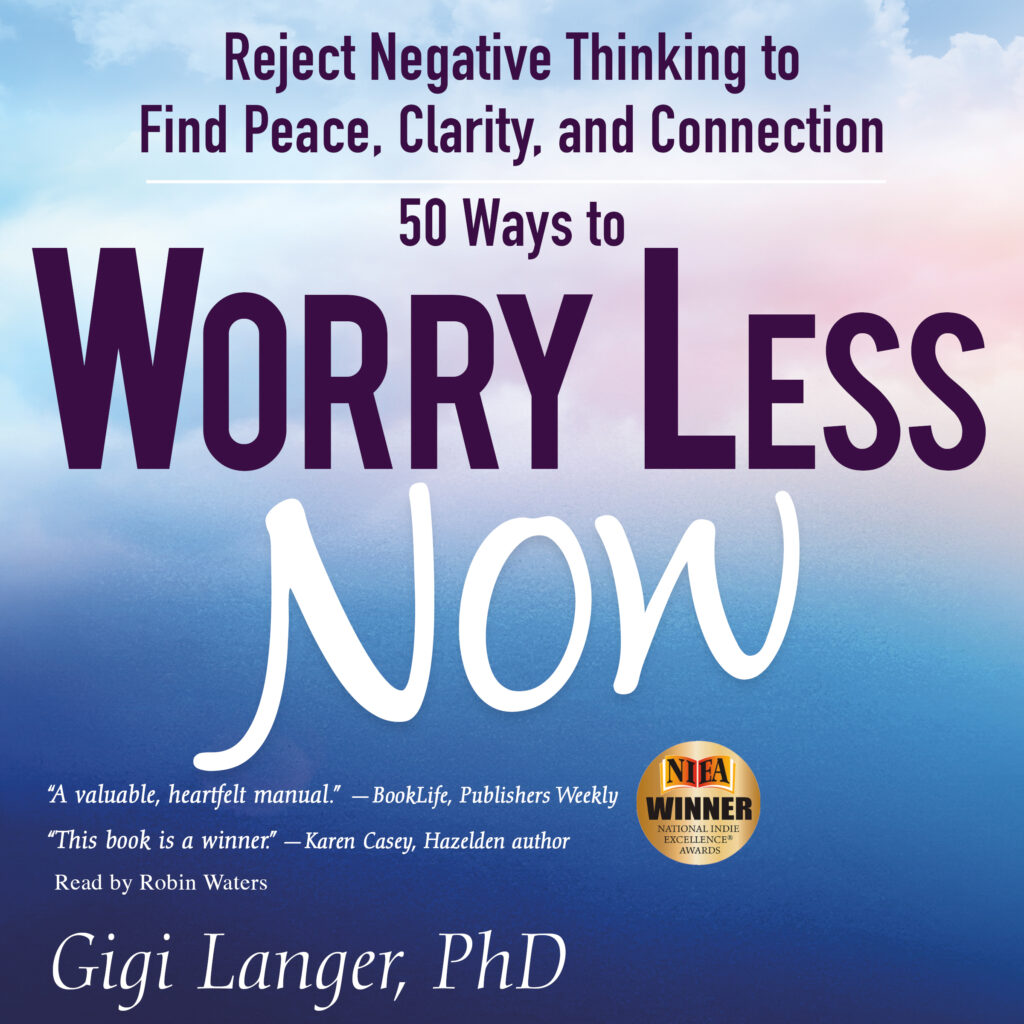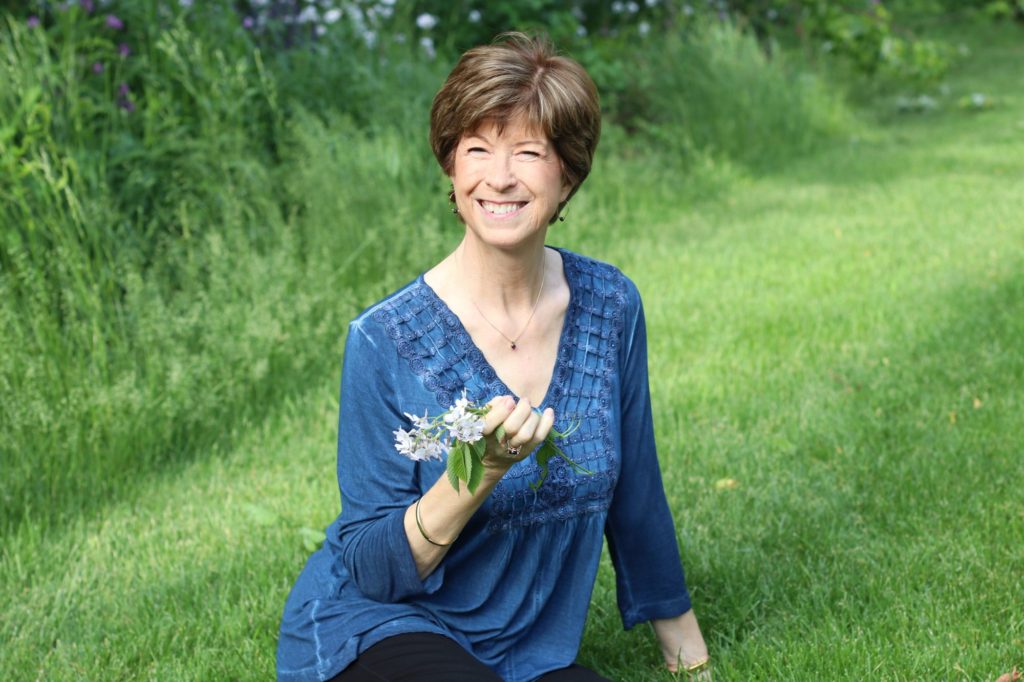 I have a tendency to overthink things. You might too.
I have a tendency to overthink things. You might too.
Your mind takes off and starts imagining the worst things that could happen in the future, or you find yourself looking back at the recent past and regretting your words or actions. Even worse is when we get caught up in judging and resenting the actions of an important person in our lives.
Here are a few tools I use to anchor my mind in the present moment rather than in the future or past.
THE 5,4,3,2,1 TECHNIQUE (Full blog post: https://GigiLanger.com/anxiety-attack/)
Take a few slow belly-inflating breathes and remind yourself that your body is right here right now, and you can choose to focus your mind on the present moment rather than on the future or past. .
1. Name 5 things you can see around you (Examples: rug, painting)
2 . Name 4 things you can feel (feet on the floor, cool air on the skin)
3 . Name 3 things you can hear right now (a fan running, people’s voices outside)
4. Name 2 things you can smell right now (perfumed soap)
5. Name 1 good thing about yourself (“I am strong,” “I can help myself through this.”)
If you simply can’t focus, or if your body and mind haven’t yet settled down, take a few more belly-inflating breaths, and tell yourself that you can focus your thoughts on the present moment. Then do the exercise again.
It may take several minutes of repetition before your mind settles down.
According to independent.co.uk, “the trick, which relies on sensory awareness, is rooted in mindfulness – and apart from anxiety, it can help treat depression, addiction disorders, lower blood pressure, and relieve stress” (Harvard University Helpguide.org)
MINDFULNESS TRAINING
It really helped me to take the “Mindfulness Based Stress Reduction” (MBSR) 8-week course. It uses breathing and simple stretches to keep your mind on your body, and its research studies show impressive results (Jon Kabat-Zinn and colleagues from University of Massachusetts Medical Center). More info here: Mindfulness-based stress reduction – Wikipedia Really effective.
MIND REFOCUSING
I often catch my mind worrying about the future, and when I notice this I substitute a quick little phrase to anchor me back into the now: “All is well right now.” or, “Help me to see this differently.” Also repeating a short prayer like the Serenity Prayer helps a lot.
The idea is to substitute a “right now” thought or sensation for our worries, fears, and stressful thoughts.
NOTE: In my experience, I often need to make the switch several times an hour (sometimes many times a minute!)
It will take consistent practice to retrain your mind to stay in the present. Keep at it and your life and health will improve.
 Gigi Langer, a person in recovery, holds a Ph.D. in Psychological Studies in Education and an MA in Psychology from Stanford University. Through her writing, coaching, and speaking, Gigi has helped thousands of people improve their lives at home and at work. She lives in Michigan with her husband and Murphy, her cat.
Gigi Langer, a person in recovery, holds a Ph.D. in Psychological Studies in Education and an MA in Psychology from Stanford University. Through her writing, coaching, and speaking, Gigi has helped thousands of people improve their lives at home and at work. She lives in Michigan with her husband and Murphy, her cat.
 Get Gigi’s new book, “50 Ways to Worry Less Now: Reject Negative Thinking” is available in audio, e-book, and paperback (5 Stars on Amazon). Click HERE
Get Gigi’s new book, “50 Ways to Worry Less Now: Reject Negative Thinking” is available in audio, e-book, and paperback (5 Stars on Amazon). Click HERE
“Valuable, heartfelt manual.” — Publishers Weekly (BookLife)
“This book is a winner.” -Karen Casey, Hazelden author







